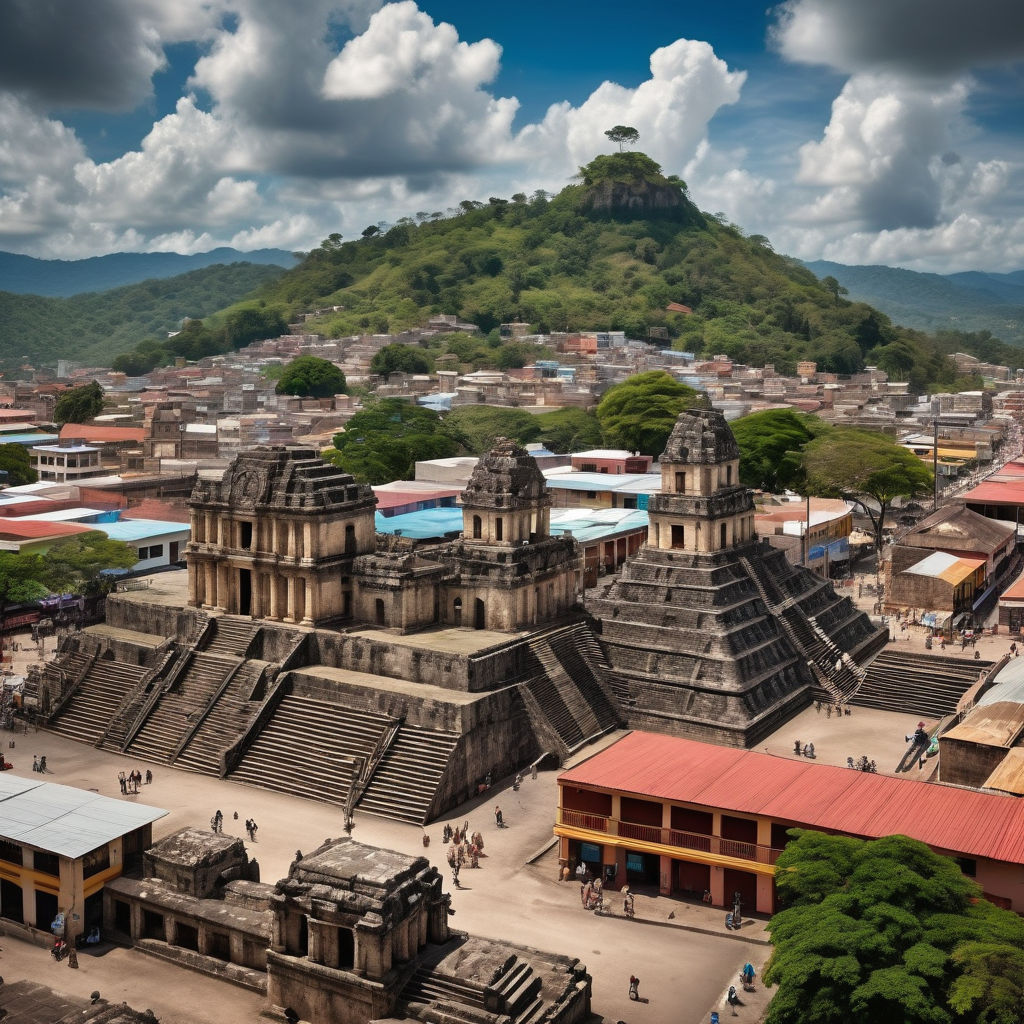Discover Honduras: A Land of Diverse Cultures and Rich Heritage
Exploring the Vibrant Traditions and Cultural Landscape of Honduras

Introduction to Honduras
Honduras, located in Central America, is bordered by Guatemala, El Salvador, and Nicaragua. It boasts a diverse landscape that includes Caribbean coastlines, Pacific Ocean shores, lush rainforests, and mountainous regions. The capital city, Tegucigalpa, is a bustling hub of political and economic activity, while San Pedro Sula serves as the industrial heart of the nation. Other notable cities include La Ceiba, known for its vibrant culture and access to the Bay Islands, and Copán, famous for its Mayan ruins. Honduras is rich in cultural heritage, reflecting a blend of indigenous, Spanish, African, and Caribbean influences. Traditional music, dance, and festivals play a significant role in the country's cultural expression, highlighting the diverse roots and vibrant traditions of its people.
Cross-national and Cross-cultural Understanding
Hondurans generally have a positive perception of other cultures, driven by a mix of curiosity and openness. The country's strategic location and history of migration have fostered an environment of cultural exchange and mutual respect. Educational programs and international partnerships further enhance cross-cultural understanding. For instance, the Fulbright Program and various bilateral agreements enable student and academic exchanges, promoting intercultural learning and collaboration. The Peace Corps has also had a long-standing presence in Honduras, working on projects related to education, health, and community development. These programs encourage cultural exchange and foster long-term relationships between Hondurans and volunteers from around the world.
Interactions and Social Dynamics
Interactions between Hondurans and foreigners are typically warm and friendly. Hondurans are known for their hospitality and often go out of their way to make visitors feel welcome. Social behaviors emphasize respect, politeness, and a strong sense of community. Greetings usually involve a handshake, and in more familiar settings, a hug or a kiss on the cheek is common. Communication styles in Honduras are generally direct but courteous. Engaging in small talk about family, weather, and general well-being is a customary way to build rapport before discussing more serious topics. This practice reflects the importance of personal connections in Honduran society. Language plays a crucial role in facilitating interactions. Spanish is the official language, but English is widely understood, especially in tourist areas and among the younger generation. Additionally, indigenous languages such as Garifuna and Miskito are spoken in specific regions, adding to the country's linguistic diversity.
Views on Dating and Relationships
Dating and relationships with foreigners are becoming more common in Honduras, especially among the younger generation who are more exposed to global cultures through the internet and travel. Generally, attitudes towards such relationships are open and positive, though traditional views still hold some influence, particularly in rural areas. Family plays a significant role in Honduran society, and relationships are often seen as involving not just the couple but their extended families as well. Introducing a foreign partner to one's family is a significant step, and gaining their acceptance is crucial for the relationship's success. Public displays of affection are more accepted in urban areas, but modesty is still valued.
Marriage and Family
Marrying foreigners is legally recognized in Honduras, but it comes with specific considerations. Couples must adhere to local laws and customs, including obtaining necessary documentation. Socially, acceptance of such marriages depends on the families involved and their openness to different cultures. Honduran weddings are vibrant celebrations that combine traditional and modern elements. They often include religious ceremonies, usually Catholic, followed by large receptions with music, dancing, and traditional foods. Cross-cultural marriages can enrich the cultural fabric of both families, introducing new traditions and practices. Family remains a cornerstone of Honduran society, and extended family members play an active role in the marriage process. Cross-cultural marriages can face challenges related to cultural differences and expectations, but they also offer opportunities for mutual learning and cultural exchange.